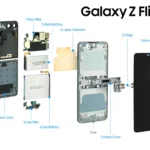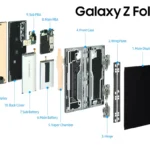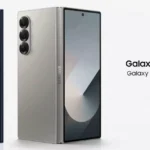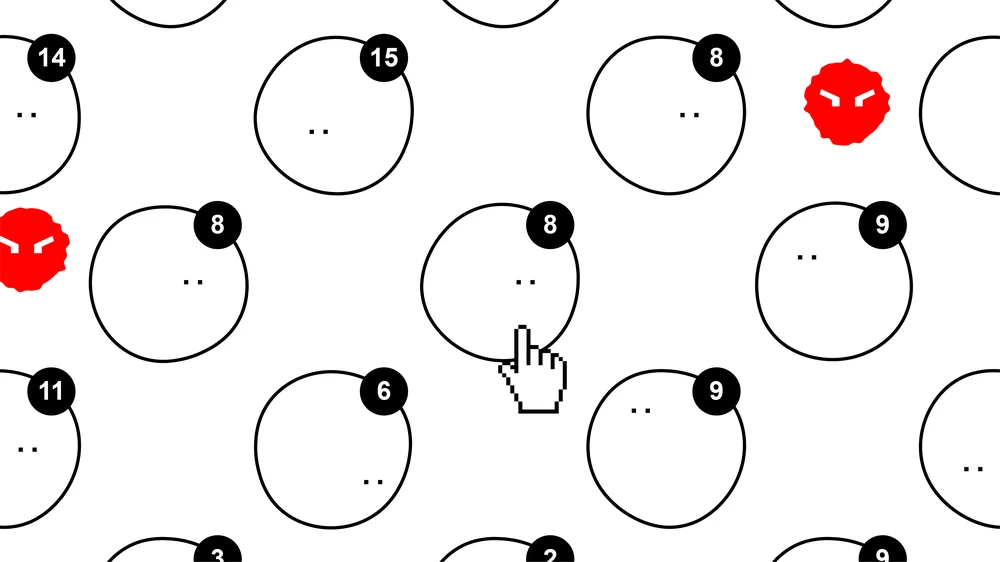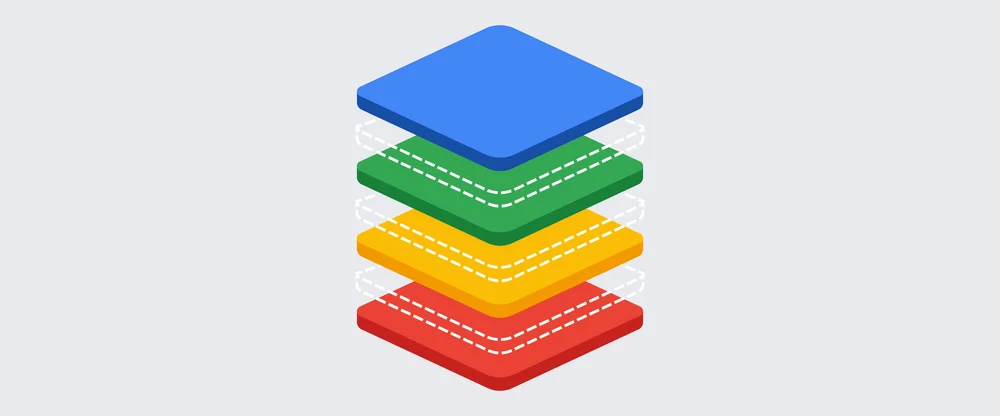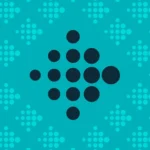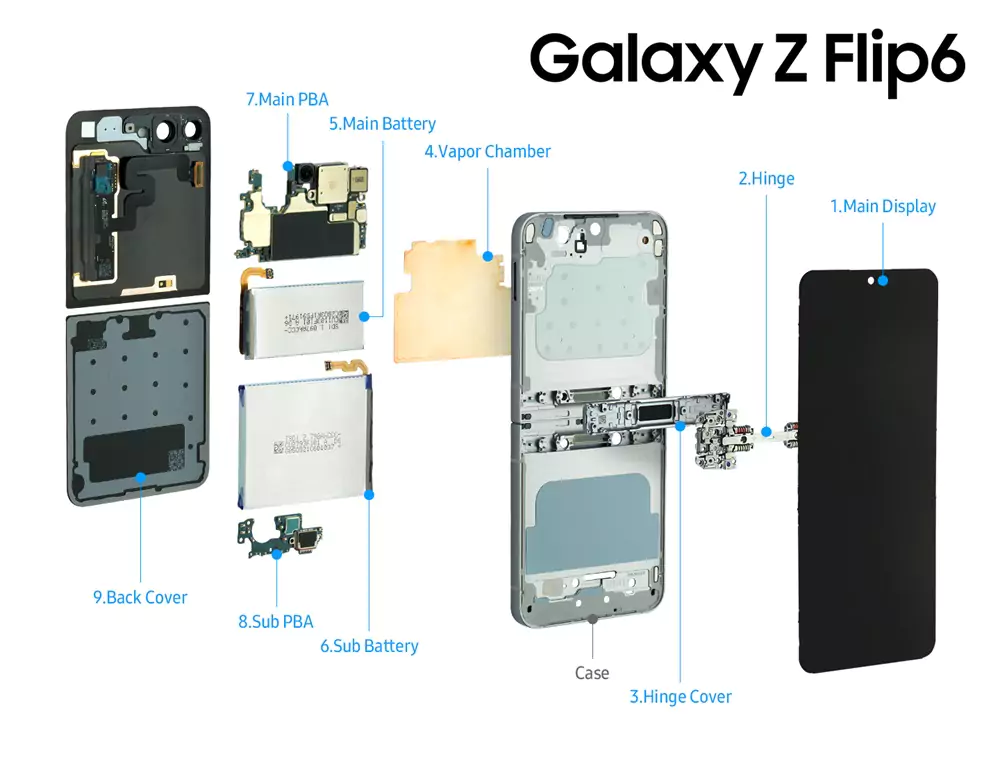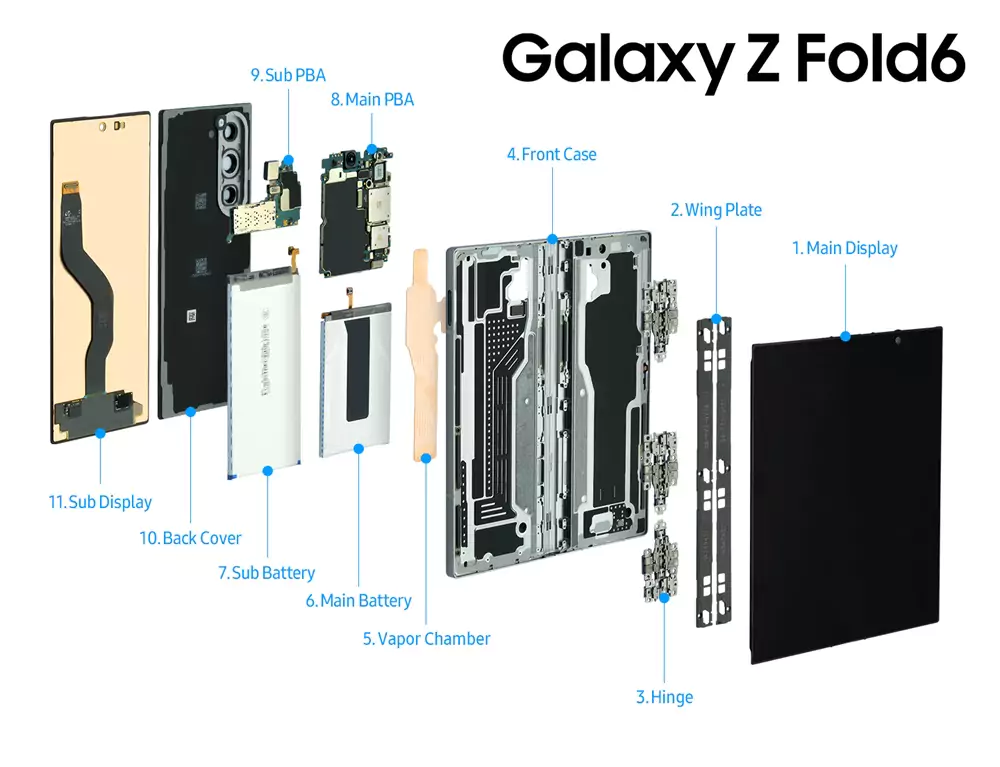The Google Quantum AI team wishes you a happy World Quantum Day!
A celebration of quantum technology and research is taking place today. Our team is eager to help uncover ways this technology might benefit people, whether it be the chance of solving significant difficulties like lowering pollutants from industrial processes, enhancing battery design, or even developing new treatments. We are happy to take advantage of this occasion to promote the education of the next generation of quantum technologists while assisting anyone in understanding and contributing to quantum computing.
Introducing the classroom to The Qubit Game
Last year, we launched The Qubit Game on World Quantum Day. In partnership with the National Q12 Partnership, the Qubit Game is now available as a classroom activity to introduce K–12 students to quantum computing concepts and experiments. This year, we’re pleased to announce a new, $50,000 grant to the Santa Barbara Education Foundation to support science, technology, engineering, and medicine (STEM)-focused teacher grants, giving students more access to STEM resources and activities and helping to build their excitement to enter STEM (including quantum!) careers.
We’re also sharing a new glimpse into the quantum computing laboratory, based in Santa Barbara, where our researchers will host a group of middle school students at our lab to share their career paths and introduce the students to quantum computing.
The quantum computing industry is growing rapidly. In addition to public and K-12 outreach, targeted workforce development efforts will enable a diverse group of people to develop the skills to enter the quantum computing workforce. We’re actively advising, supporting, and collaborating with academic institutions around the world, including UC Santa Barbara, Santa Barbara City College, UC Berkeley, MIT, Harvard University, CU Denver, Leiden University, Oxford University, the University of Sydney, the University of New South Wales, the University of Toronto, the University of Waterloo, and many more.
These relationships allow us to explore important research questions, expand access to quantum computing education, and develop the next generation of researchers. As part of this approach, we’ve also released open-source tools to ensure quantum computing resources (including software for quantum computing algorithm development and simulation) are widely accessible.
Emily Edwards, the science communication expert at the University of Illinois and co-lead at the National Q12 Education Partnership, says, “Quantum information is just part of the broader story of science and engineering. That’s why success in quantum education really means infusing quantum science concepts into STEM classrooms or strengthening the material that is already there. We also want to remove silos and support actions that translate into a more diverse and equitable workforce.
To make this happen, the National Q-12 Education Partnership is working with teachers, professional societies, decision-maker organizations, the government, employers, community organizations, and more.”
World Quantum Day is not only a celebration of science but also perhaps more importantly—of the students, researchers, and hobbyists everywhere who may one day contribute to its development.
Try out the Qubit game and other activities at QuanTime if you’re just getting started. We also urge you to visit Q12’s website to learn more about the many quantum vocations possible there.
Happy World Quantum Day!
